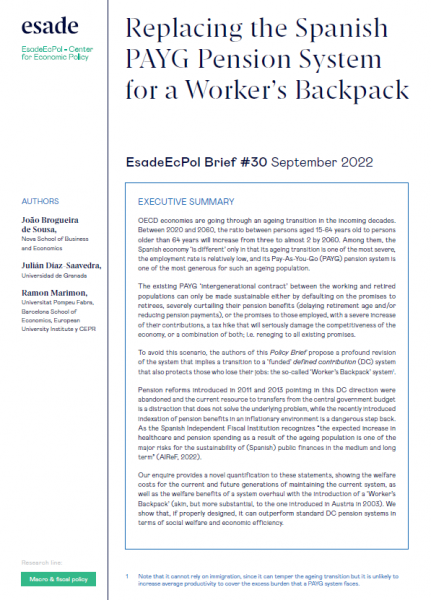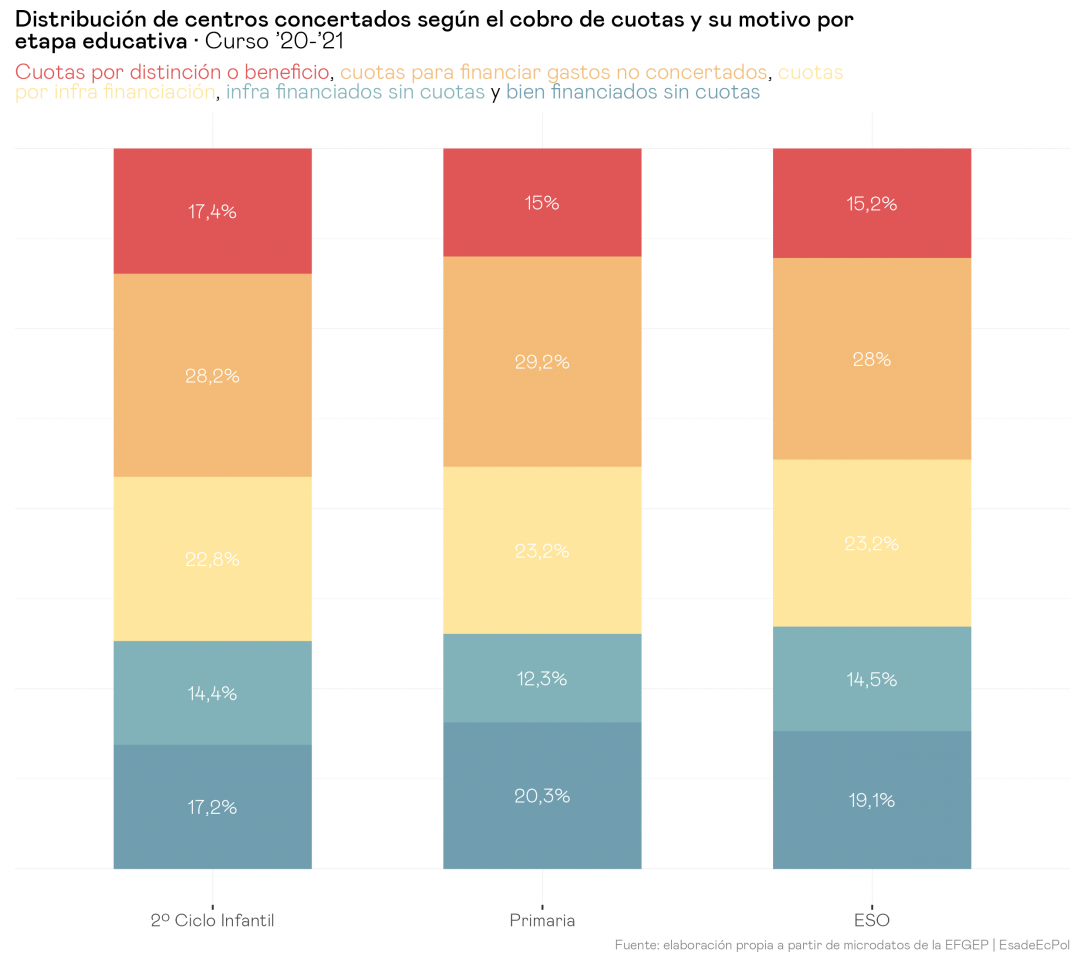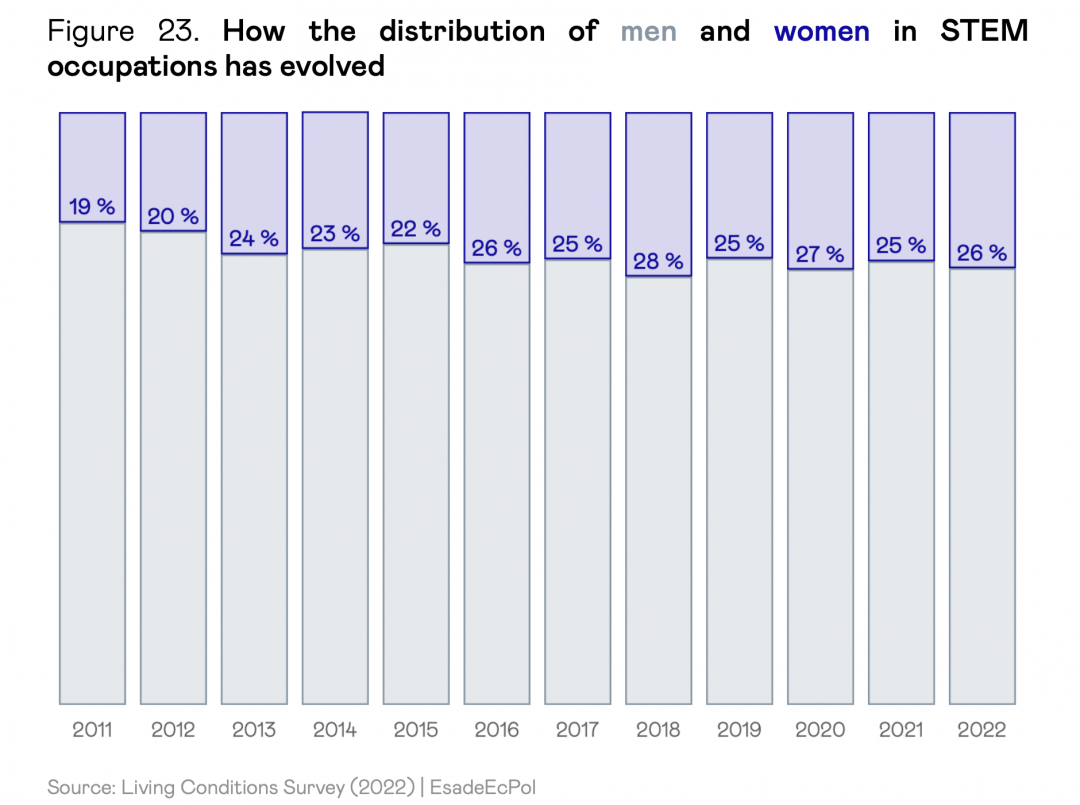
The ‘Worker’s Backpack’: an alternative to improve the protection of the Spanish pension system
Ramón Marimón, João Brogueira de Sousa, Julián Díaz-Saavedra
29 Sep, 2022
OECD economies are going through an ageing transition in the incoming decades.
Between 2020 and 2060, the ratio between persons aged 15-64 years old to persons older than 64 years will increase from three to almost 2 by 2060. Among them, the Spanish economy ‘is different’ only in that its ageing transition is one of the most severe, the employment rate is relatively low, and its Pay-As-You-Go (PAYG) pension system is one of the most generous for such an ageing population.
The existing PAYG ‘intergenerational contract’ between the working and retired populations can only be made sustainable either by defaulting on the promises to retirees, severely curtailing their pension benefits (delaying retirement age and/or reducing pension payments), or the promises to those employed, with a severe increase of their contributions, a tax hike that will seriously damage the competitiveness of the economy, or a combination of both; i.e. reneging to all existing promises.
To avoid this scenario, the authors of this Policy Brief study the benefits that a transition to a ‘funded’ defined contribution (DC) system that also protects those who lose their jobs would have: the so-called ‘Worker’s Backpack’ system.
Pension reforms introduced in 2011 and 2013 pointing in this DC direction were abandoned and the current resource to transfers from the central government budget is a distraction that does not solve the underlying problem, while the recently introduced indexation of pension benefits in an inflationary environment is a dangerous step back. As the Spanish Independent Fiscal Institution recognizes “the expected increase in healthcare and pension spending as a result of the ageing population is one of the major risks for the sustainability of (Spanish) public finances in the medium and long term” (AIReF, 2022).
Our enquire provides a novel quantification to these statements, showing the welfare costs for the current and future generations of maintaining the current system, as well as the welfare benefits of a system overhaul with the introduction of a ‘Worker’s Backpack’ (akin, but more substantial, to the one introduced in Austria in 2003). We show that, if properly designed, it can outperform standard DC pension systems in terms of social welfare and economic efficiency.


Profesor de Economía en el Departamento de Economía y Empresa de la Universidad Pompeu Fabra
View profile
Profesor Dpto. Teoría e Historia Económica, Universidad de Granada
View profile


